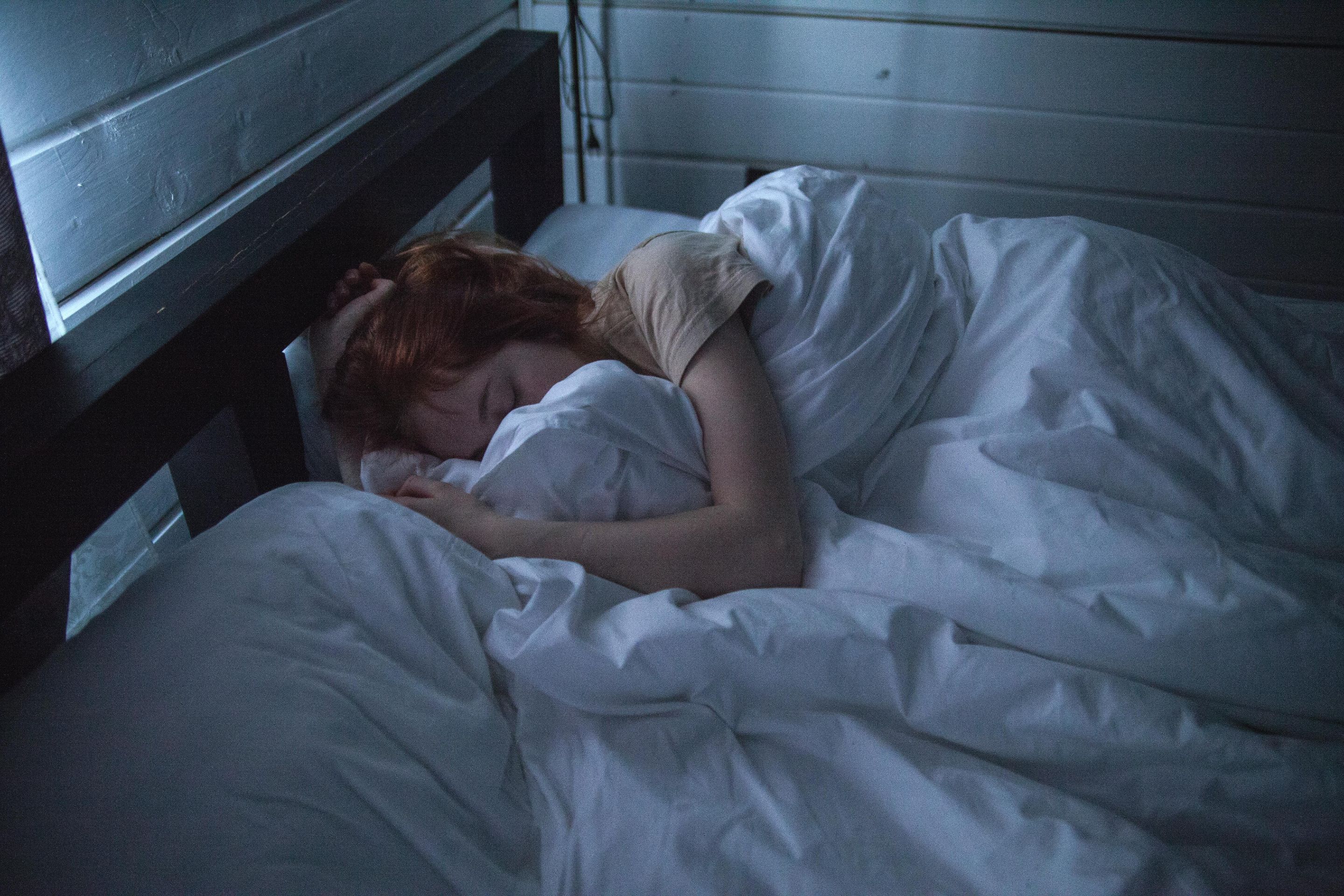How many of you sleep at night during proper times? And by proper times that would be around 10:00 to 12:00 in the night to 7:00 to 8:00 in the morning of your local time? As that is considered the standard sleeping time in our world now. But I found out that things were a bit different a few hundred years ago and our sleep cycle wasn't always like this. Back then we didn't sleep at the time when we are expected to sleep now but we did get up at the time we are expected to get up now. So I guess it's not that much deviating from the present but there were some changes in our sleep cycles those few hundred years ago.
So this theory stands for all those times when we were farmers graduating from hunter-gatherers. Especially when we were living in a society before the industrial revolution and the inventions of things like electricity, the steam engine and those sorts of things. So back then the normal sleeping cycle was that people used to sleep after nightfall. Wow! What a surprise huh? You see the change comes that people used to sleep very early into nightfall. Definitely evening in today's conventions. And then they would sort of wake up at around midnight. Because if you think about it then if someone is not that much tired, he wouldn't sleep from evening to the next morning would they? Because the human body simply doesn't require that much sleep. Even if it is a farmer. We're talking about who works in the fields from dawn to dusk. So after waking up at around midnight people used to read books or talk to each other or do any housely chores they would have lying around and then they would fall asleep again and wake up next morning. This is how our ancestors slept. This was called two sleeps. It's quite fascinating to think about. It went like this: first sleep, then watch, then the second sleep.
This habit, which went on for centuries, died during the industrial revolution. As fuel became cheap, electricity was invented and street lights became the norm. Because of these same street lights, nights didn't feel like nights. The light interacted with the brain and the brain thought it was not yet time for sleep. Eventually people started to stay up late into the night. They then started to sleep during the time frame when we sleep now. Because you obviously have to wake up early the next morning to get to your industrial revolutionary work. So finally humans settled on the least amount of sleep that was adequate for the body and the ‘two sleeps’ culture died just like that.

Comments (1)